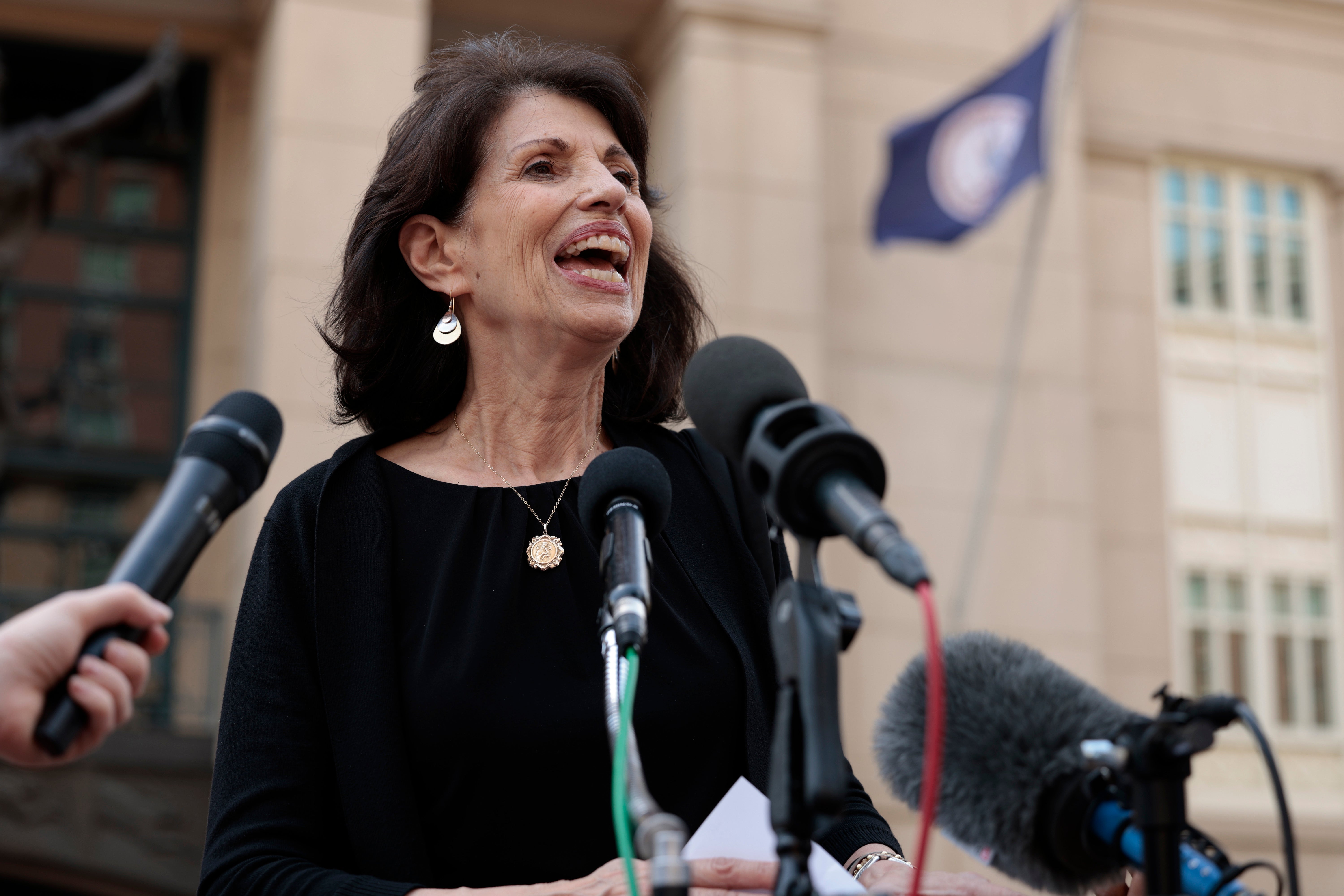Mother of journalist beheaded by Isis Beatle says kidnapper ‘came close’ to apologising in prison meet
Diane Foley met her son’s kidnapper in prison as part of a plea deal which will see him returned to the UK

The mother of a journalist killed by one of the Isis “Beatles” says the kidnapper responsible for her son’s abduction came close to apologising to her during a prison meeting.
Diane Foley’s son James was abducted by an Isis gang while he was reporting on the Syrian civil war in 2012.
Alexanda Kotey was jailed for life in the United States in April after he admitted kidnap, conspiracy to murder, and providing material support for terrorism.
Ms Foley went to meet Kotey as part of a plea deal in which the extremist, from Shepherd’s Bush, London, will be transferred back to Britain. He agreed to meet the families of his victims as part of the arrangement.
Speaking at a conference on how former Isis members should be treated, Ms Foley said: “I knew our son Jim would have wanted us to meet with him. I wanted Alexanda to have the opportunity to know who Jim was as a person and to have the opportunity to meet Jim’s family.”
Another member of the gang, Mohammed Emwazi, who was nicknamed Jihadi John, killed Jim in August 2014.
Ms Foley said that Kotey had “come very close” to apologising for the death of her son.
“He’s come very close,” she said. “He’s expressed a lot of remorse. He’s written me a couple of letters filled with remorse and his attempt at justifying his actions.”
Ms Foley said that she tried to “be a good listener” in her meeting with Kotey. She said that she “tried to hear his side of things and how he became radicalised”.
She added that she tried to understand “how he came to see our innocent citizens as evil and the cause for all the pain and suffering that they may have felt”.
“It’s been a very, very sad experience all around to be honest, but I’m hoping that, maybe, in time, we can get some reconciliation,” Ms Foley said.
She said that Kotey had raised the mistreatment of Muslims with her and also spoke about his feelings of being unwelcome in society.



Bookmark popover
Removed from bookmarks